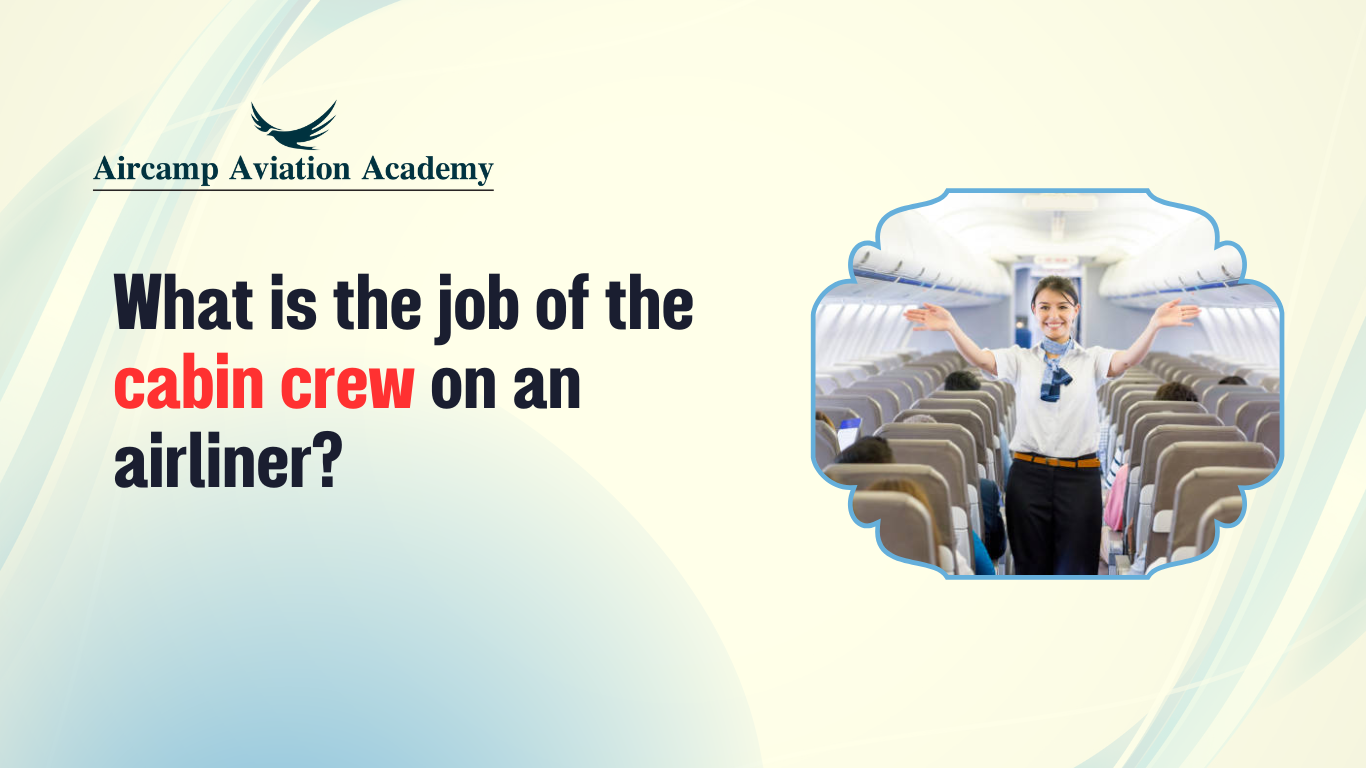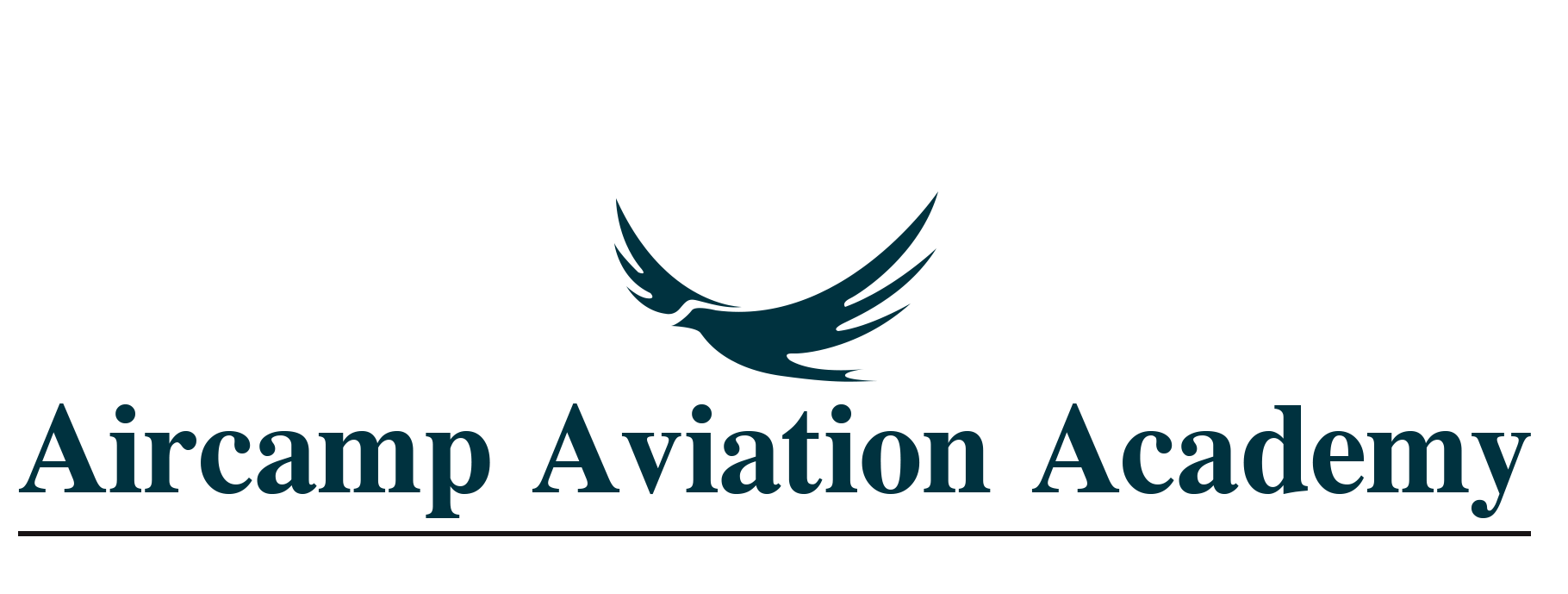1. Ensuring Passenger Safety
Safety is the foremost responsibility of cabin crew. They are trained to:
➢ Conduct pre flight safety checks of equipment such as life vests, oxygen masks, and seat belts.
➢ Demonstrate safety procedures and ensure passengers are aware of emergency protocols.
➢ Enforce safety regulations, such as the use of seat belts, stowing luggage, and keeping aisles clear.
➢ Respond to emergencies, including medical issues, turbulence, or evacuation scenarios.
2. Providing Exceptional Customer Service
Cabin crew members strive to create a comfortable and pleasant experience for passengers by:
➢ Greeting passengers during boarding and assisting them with seat assignments.
➢ Offering in➢flight meals, snacks, and beverages.
➢ Addressing passenger concerns, such as seating issues, special dietary needs, or assistance for children and elderly passengers.
3. Handling Medical Emergencies
Cabin crew are trained in first aid and are prepared to:
➢ Assist passengers with medical needs, such as administering basic first aid or CPR.
➢ Use onboard medical kits and defibrillators if necessary.
➢ Coordinate with the cockpit crew to divert the flight if a passenger requires urgent medical attention.
4. Managing In Flight Security
Cabin crew are responsible for maintaining a secure environment by:
➢ Monitoring passenger behavior and addressing unruly conduct.
➢ Responding to potential security threats, such as suspicious items or disruptive passengers.
➢ Working closely with the captain and co➢pilot to report and manage security concerns.
5. Performing pre flight and Post Flight Duties
➢ Pre Flight:
➢ Briefing with the captain and crew about the flight details, potential weather conditions, and safety protocols.
➢ Inspecting the cleanliness and readiness of the cabin.
➢ Post Flight:
➢ Assisting passengers during disembarkation.
➢ Reporting any incidents, equipment malfunctions, or service issues.
➢ Ensuring the cabin is prepared for the next flight.
6. Crisis Management
Cabin crew are trained to manage various in flight crises, including:
➢ Handling emergency landings or evacuations.
➢ Assisting passengers during decompression events or fire outbreaks.
➢ Coordinating with emergency services upon landing when necessary.
7. Creating a Positive Passenger Experience
The cabin crew acts as the face of the airline, ensuring that passengers feel valued and cared for. This involves:
➢ Maintaining a friendly and professional demeanor throughout the flight.
➢ Addressing special requests or concerns with empathy and efficiency.
➢ Promoting the airline’s brand and standards of service.
8.Skills and Qualities Needed for the Role
➢ Strong communication and interpersonal skills.
➢ Physical stamina and the ability to work long, irregular hours.
➢ Quick decision making and problem solving abilities.
➢ Multilingual abilities are often an advantage.
➢ Teamwork and adaptability.






